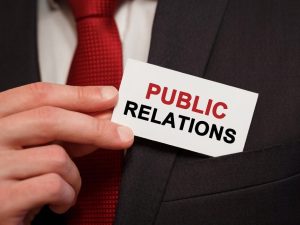In the realm of public relations (PR), misconceptions often shroud its true nature and potential. These myths, fueled by inaccurate portrayals in the media and misunderstandings about its purpose, obscure the genuine value PR holds for individuals and businesses alike. By dissecting these myths and shedding light on the authentic power of PR, a clearer understanding emerges of its role in shaping reputations, managing crises, and driving meaningful engagement.
One prevalent myth surrounding PR is its association with superficiality and spin. This notion likens PR professionals to rainmakers, promising immediate results through flashy tactics but ultimately failing to deliver sustainable solutions. However, true PR transcends mere surface appearances; it is rooted in transparency, authenticity, and ethical communication.
Contrary to another misconception, PR is not synonymous with controlling the narrative. While owned and paid media afford control over content, earned media places the decision-making power in the hands of editors. This independence is precisely what makes PR valuable—it provides a third-party perspective that audiences trust. Rather than dictating the story, PR professionals leverage their expertise to guide coverage, amplifying positive narratives and mitigating negative ones.
Moreover, the effectiveness of PR extends beyond immediate sales-driven metrics. While it can enhance credibility and visibility, attributing direct conversions solely to PR efforts is often challenging. Instead, PR influences brand perception, fosters relationships, and lays the groundwork for long-term success. By integrating PR into various facets of a company, from product development to crisis management, organizations can proactively shape their reputations and navigate challenges with resilience.
Crucially, PR is not a panacea for poor behavior or ethical lapses. Attempting to manipulate journalists or conceal unfavorable truths ultimately erodes trust and credibility. Authenticity is paramount in PR and meaningful engagement hinges on genuine communication and accountability. In the face of crises, having a well-prepared PR crisis plan can make all the difference, allowing companies to respond swiftly and effectively while preserving their integrity.
Dispelling these myths unveils the true power of PR as a strategic asset for ambitious endeavors. By understanding its nuances and embracing authenticity, individuals and businesses can harness PR to build lasting relationships, foster positive reputations, and navigate complex landscapes with integrity. In essence, PR is not about splashy headlines or fleeting attention—it's about building trust, credibility, and meaningful connections that endure the test of time.




















